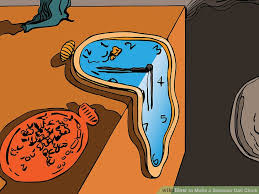 I’m not all the way back, although I will be eventually. Even while I am in covid-hiatus, I will have occasional cause to say something that won’t wait for better days, and this is such a case.
I’m not all the way back, although I will be eventually. Even while I am in covid-hiatus, I will have occasional cause to say something that won’t wait for better days, and this is such a case.
Two years ago, JM Williams produced a new take on an old Hans Christian Anderson story The Nightingale. I reviewed it positively at that time. Now he has published a cleaned up version of his novella. The changes in the text are insignificant, but the look of the work is vastly improved.
In the original, Williams said, “There are certain themes in the original story that still resonate . . .” and in the new version he says, “Certain themes in the original story still resonate . . .” In the original he says “ . . . the lie was an integral part of his plan.” and in the new version he says “ . . . the lie was an integral part of his plot.” Those are the kind of tiny changes a careful author makes if he is given a do-over. I know; I drive myself crazy with those kind of changes in my own work.
Such small changes aren’t reason enough to visit the story again, but in the first edition, the formatting got out of hand. Nothing was indented. In chapter three, it went from single space between paragraphs, to double, and then back again. Later the right margin slid to the middle of the page.
I’m sure that some of Williams’s readers must have given up along the way. If so, they really missed out.
Now all this has changed. The new version is a clean and professional as anything out of Doubleday. Nothing stands between the reader and the story, and it is a fine story.
This is what I said about The Nightingale two years ago, except this time I can give it the 5 stars the story deserves.
JM Williams retelling of the classic fairy tale sees the world from the ground up. King Gregor is about to name an heir but villainy is afoot, with two princes and a princess in contention, and magic tipping the scale. Royalty can’t help; instead, the son and daughter of the village blacksmith, with advice from a witch too old to act on his own, have to try to save the day. The characters are warm and relatable, and the action is believable. If you like a slash-em-up, this isn’t for you. If you like real people working to make their world better, give it a try.
While you are at Amazon picking up a copy of The Nightingale (be sure to get the one with the brightly colored bird on the cover) you might as well pick up a copy of Cyan. It’s going to be a long time before we once again complain that we don’t have enough time to read.
Stay well.








